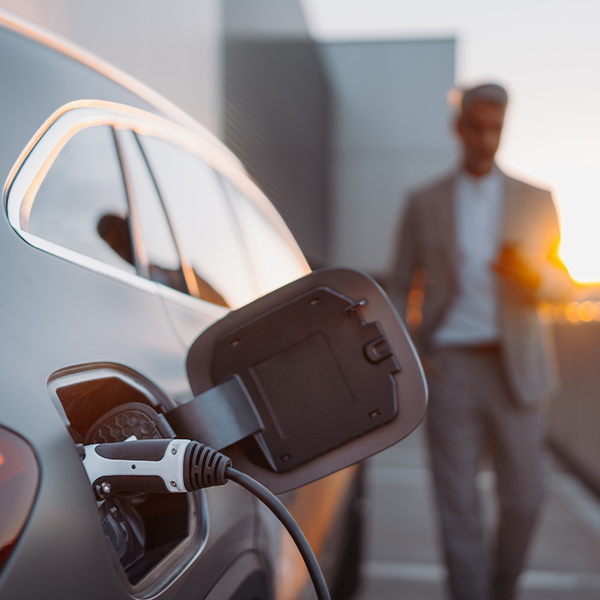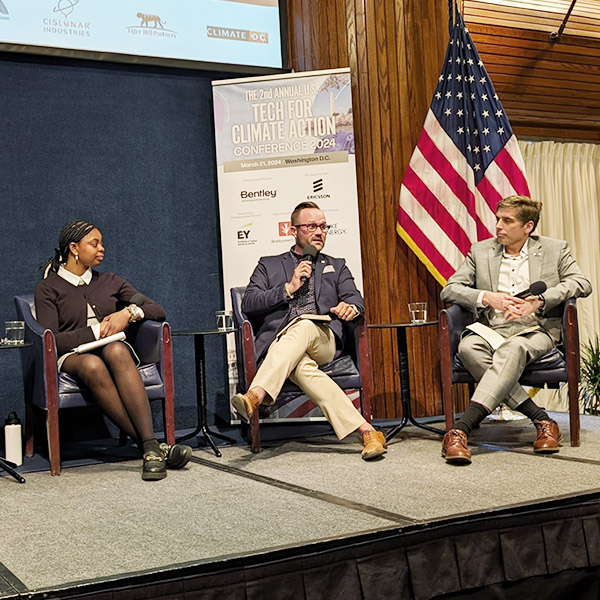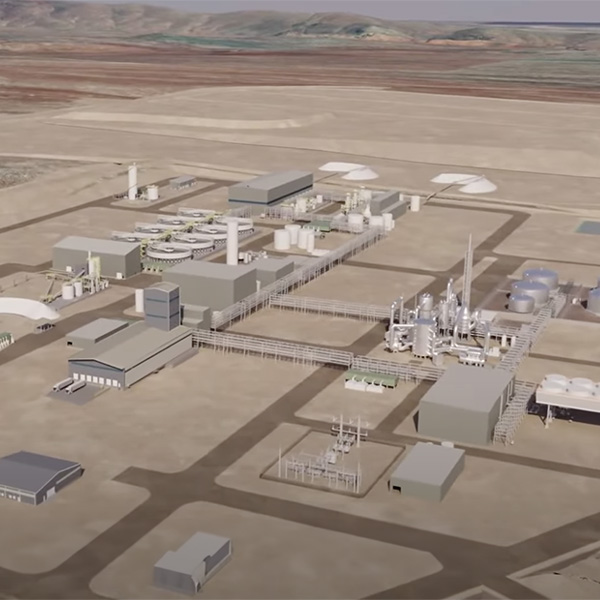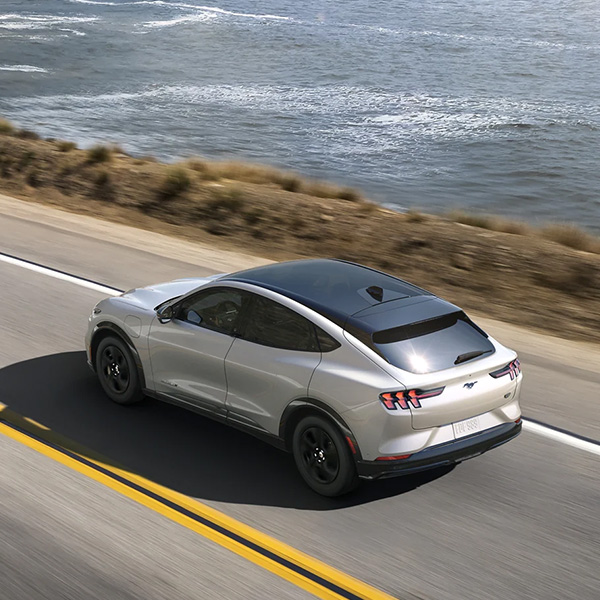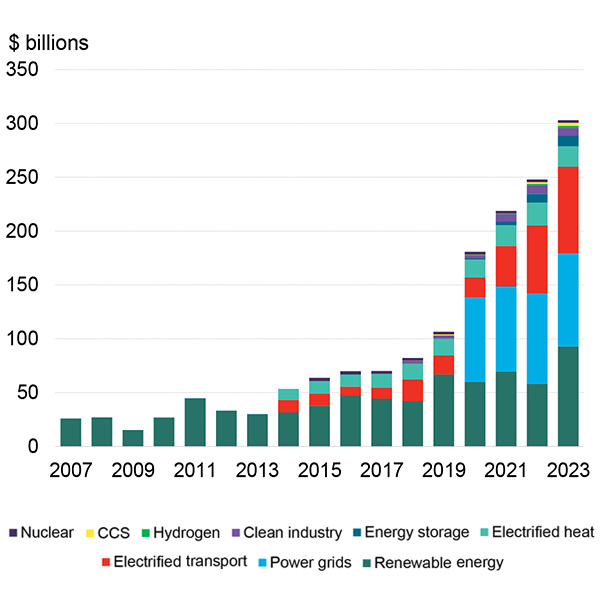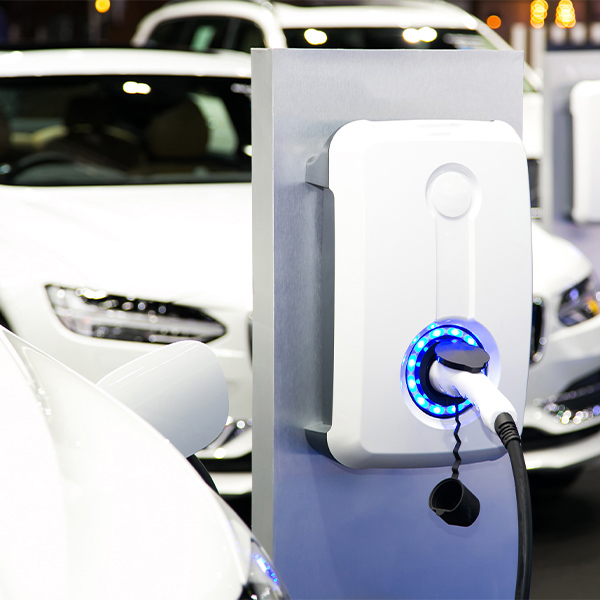Battery Electric Vehicles
DOE initiatives aimed at expanding EV charging networks have become more urgent as the November election looms and growth in EV sales has slowed.
According to Kelley Blue Book, the slow-down in EV sales could be a sign that "EVs are almost mainstream cars in parts of the country. Segment growth typically slows as volume increases."
Federal and state policy paradigms are moving from a focus on promoting travel in single passenger vehicles to a broader understanding of different modes of mobility.
EPA's final rule on light-duty vehicle emissions aims to give the industry more time and flexibility on how to reach its ambitious targets.
Bills moving forward could introduce voluntary time-of-use rates in the state, disclosure statements about green power and point-of-sale EV rebates.
New Jersey legislators sent a bill to the governor’s desk March 18 that would place a $250-a-year fee on zero emissions vehicles.
With site preparation now complete, Lithium Americas is estimating a three-year construction period at Thacker Pass, with the mine and plant producing at full capacity in 2028.
New Jersey’s Assembly Transportation and Independent Authorities Committee backed a bill that would levy a $250/year fee on EV registration beginning in July.
The momentum created by billions of dollars in federal incentives and tax credits has been tempered by supply chain constraints and the impacts of inflation and higher interest rates.
A new report finds that U.S. zero-emission vehicle sales meet industry expectations set upon passage of the IRA but utility-scale clean electricity expansion fall short.
Want more? Advanced Search

